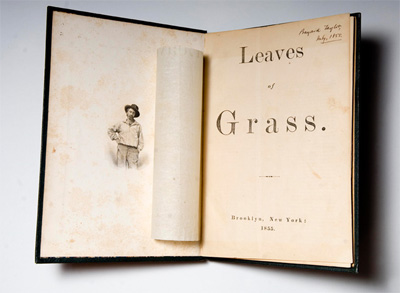 Remember the book? Of course you do, because you have plenty of them in shelves, half-read, dusty, bent, torn, coffee-stained, wine-colored, smudged, smelly, misprinted, broken and cherished. They catch your glance as you walk from one room to another, reminding you of a year or a moment when you were doing something else but had that book in your bag or backseat and meant to finish it or did in fact, and put it away and moved it several times in a box, cursing its weight and trying not to bend it. So there it sits now, quite possibly closed until the day you die. But you know it’s there and it’s a marker in your life. Remember this thing with books?
Remember the book? Of course you do, because you have plenty of them in shelves, half-read, dusty, bent, torn, coffee-stained, wine-colored, smudged, smelly, misprinted, broken and cherished. They catch your glance as you walk from one room to another, reminding you of a year or a moment when you were doing something else but had that book in your bag or backseat and meant to finish it or did in fact, and put it away and moved it several times in a box, cursing its weight and trying not to bend it. So there it sits now, quite possibly closed until the day you die. But you know it’s there and it’s a marker in your life. Remember this thing with books?
And LPs of vinyl? Mine used to function like books in my shelf. But I put them into a closet years ago because of CDs. Now I can’t stand searching a shelf of CDs, so I mainly use MP3 files. My albums no longer work as markers of life and time. The same thing is happening to books. All of mine are still on the shelves. But the world is changing and books are beginning to look a lot like information that wants to weigh less. It doesn’t matter how one feels about this, whether it makes us sad or not. It’s a creeping fact. Our books are turning into wonderful collector’s items. I can tell this is happening partly from all the excitement and business surrounding these e-reader devices. Books will continue to play an important role in literature but they will gradually be eclipsed by some other technology. The current e-readers are not necessarily it, but they are the harbingers of things to come. We are lightening our load because we can’t carry it around forever. We’ll have to travel light. Walt Whitman wouldn’t mind though, because he’d want to travel with us.
But this fellow, Raymond Danowski, has amassed the largest collection of 20th Century English poetry books in the world. He collected over 70,000 books, periodicals, and artifacts. The collection includes a first edition of Whitman’s Leaves of Grass, printed by the poet himself. It also has a first edition of T.S. Eliot’s Prufrock and Other Observations. There are so many books that when he donated the entire collection to Emory University in Atlanta, it took volunteers over a year just to unbox all the volumes. The university is now the major center for researching 20th Century English poetry books.
I’d like to see that collection. It must be fascinating. And anything is worth touching that Walt Whitman touched. Seeing books is the thing. They have a presence in a room, lining its walls and giving it enormous depth. But we are engaged in a process of making our books invisible. What will we put in their place? I’m not really too worried about that because when you turn all those words into digital form you present yourself with infinite possibility. When words float around in the air you are in the realm of magic beyond anything any book could have ever accomplished. Then again, sometimes just touching a book is enough to send your mind wandering down an unexpected path. Can touching a virtual keyboard have the same effect? Does it have to have the same effect? Maybe not. I’m sure banging a chisel into a clay tablet did things to a mind that ancient peoples were loath to part with.
Does the emergence of a world without books frighten or worry you? Do you see something wrong with a world in which literature is simply information that travels wirelessly? Do you think that ink is inherently superior to bits?
Eventually, we will read War and Peace by passing someone on the street and glancing into their eyes for a brief moment. That person will give us the book as nothing more than a polite ‘How do you do?’ At that point, we will remember books the way we remember the clay tablet.
 Look at the image to the left. If that image disturbs you to the point of banning the comic book, you are unintelligent. No doubt about it. It disturbs Apple so much that they’ve removed the comic book from their App Store. Clear censorship. The
Look at the image to the left. If that image disturbs you to the point of banning the comic book, you are unintelligent. No doubt about it. It disturbs Apple so much that they’ve removed the comic book from their App Store. Clear censorship. The 